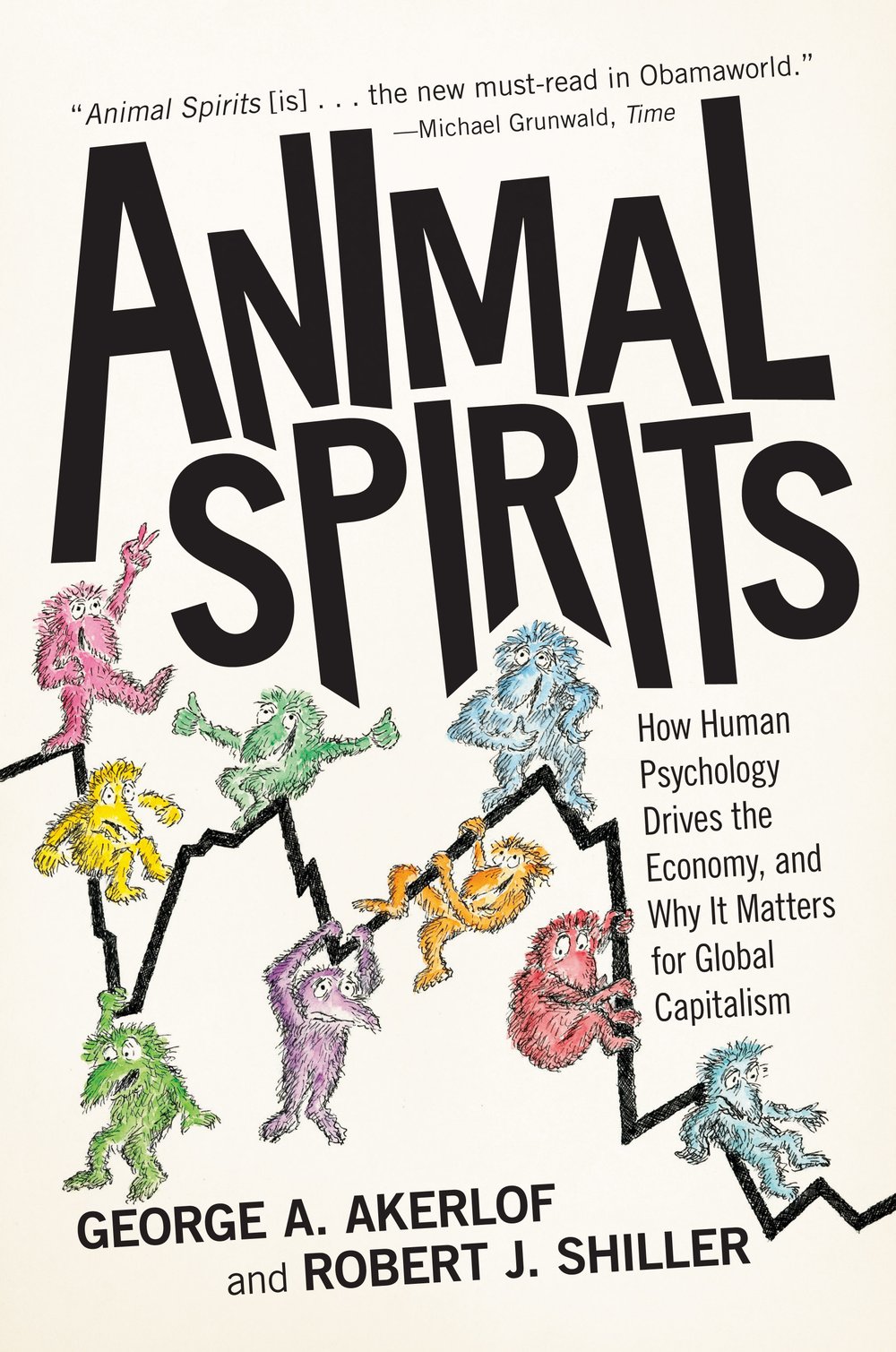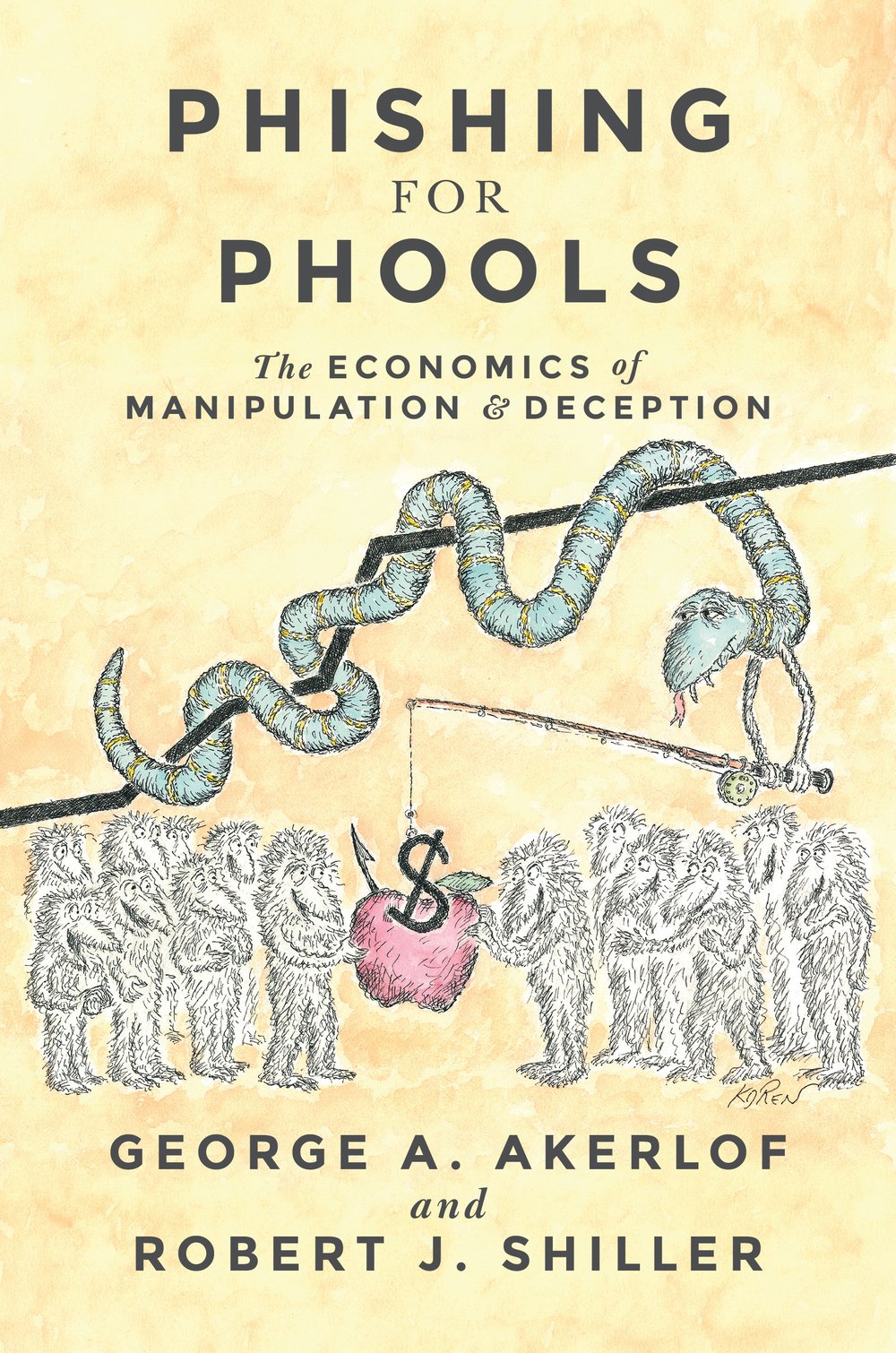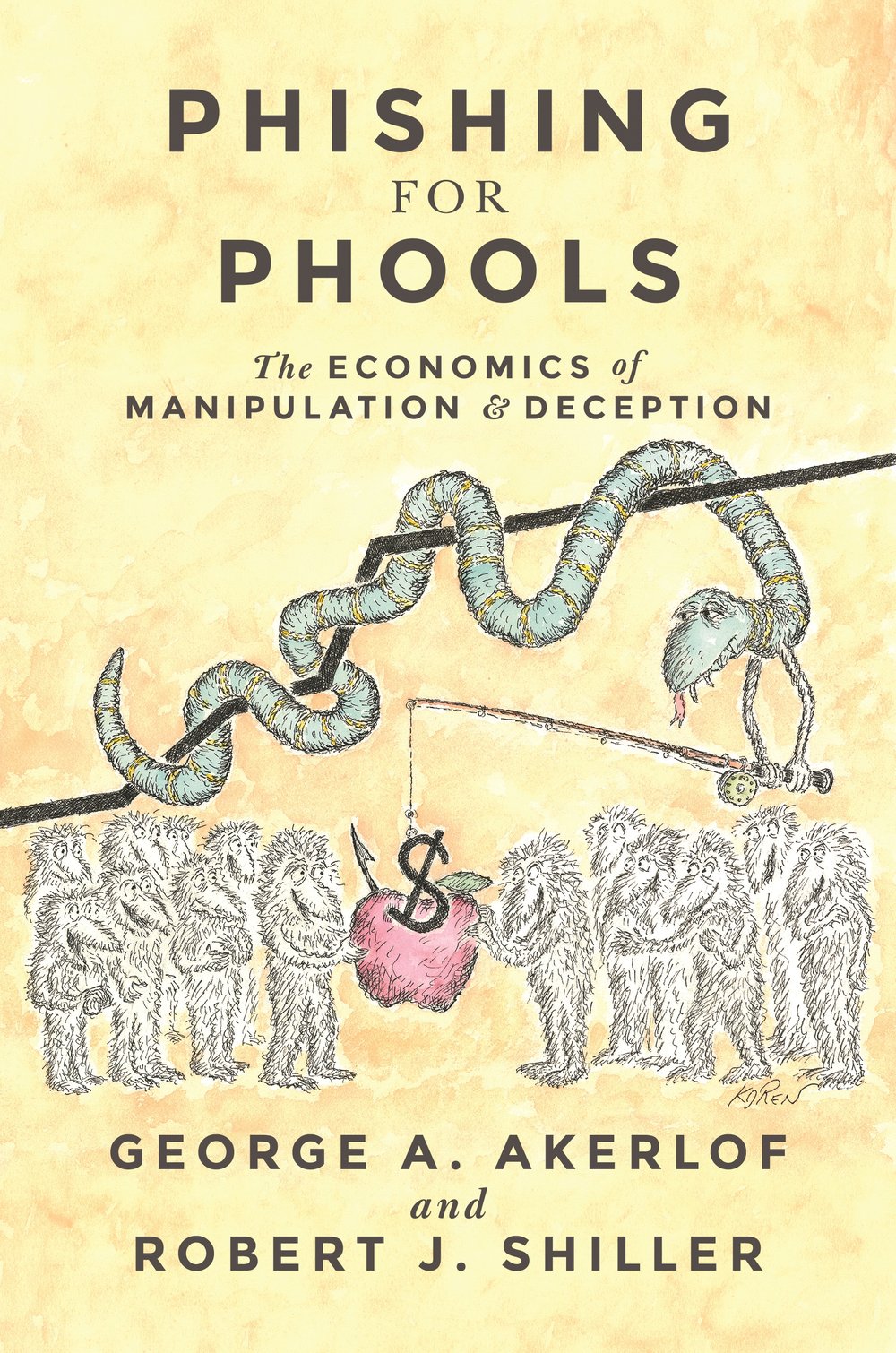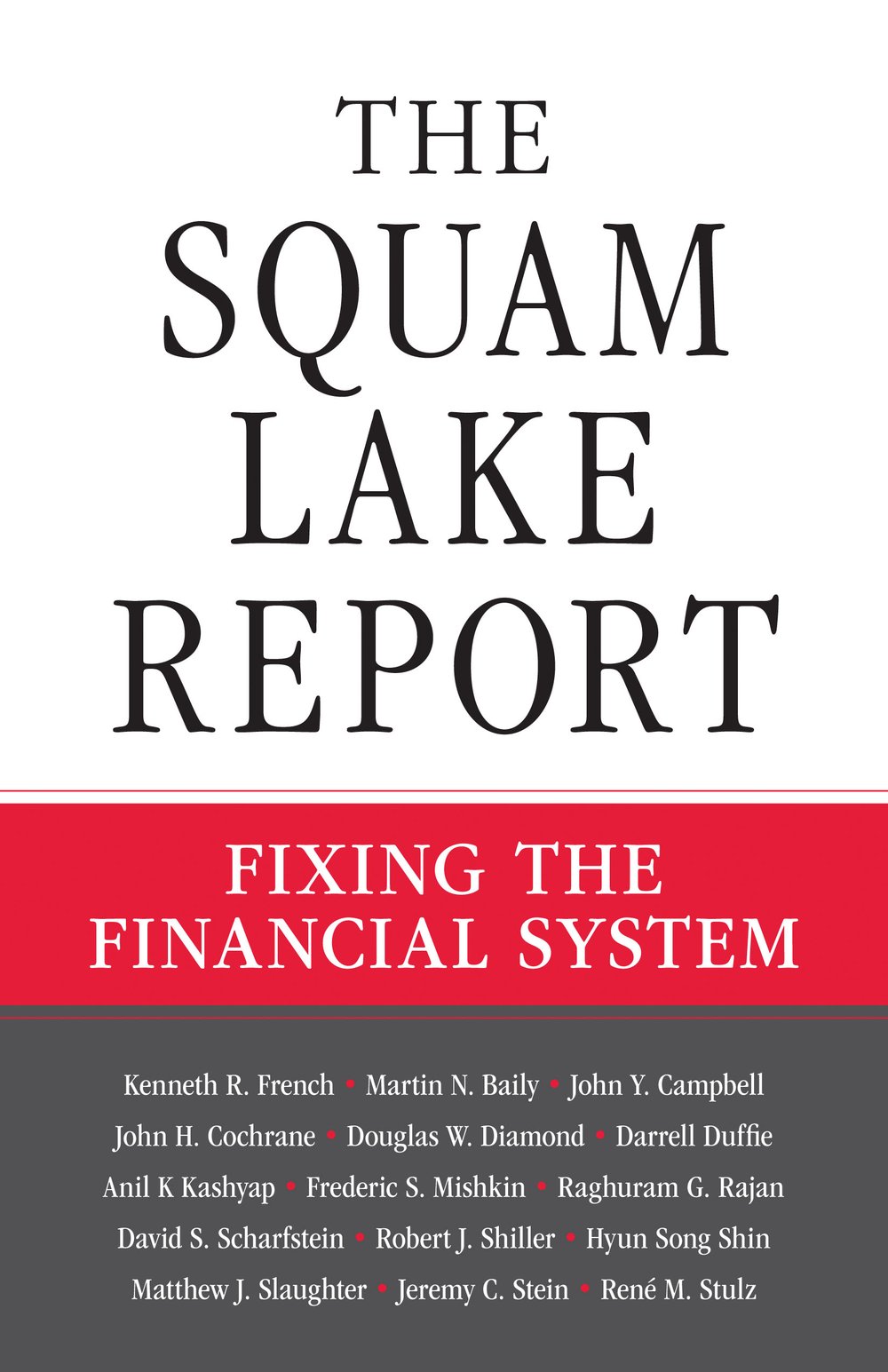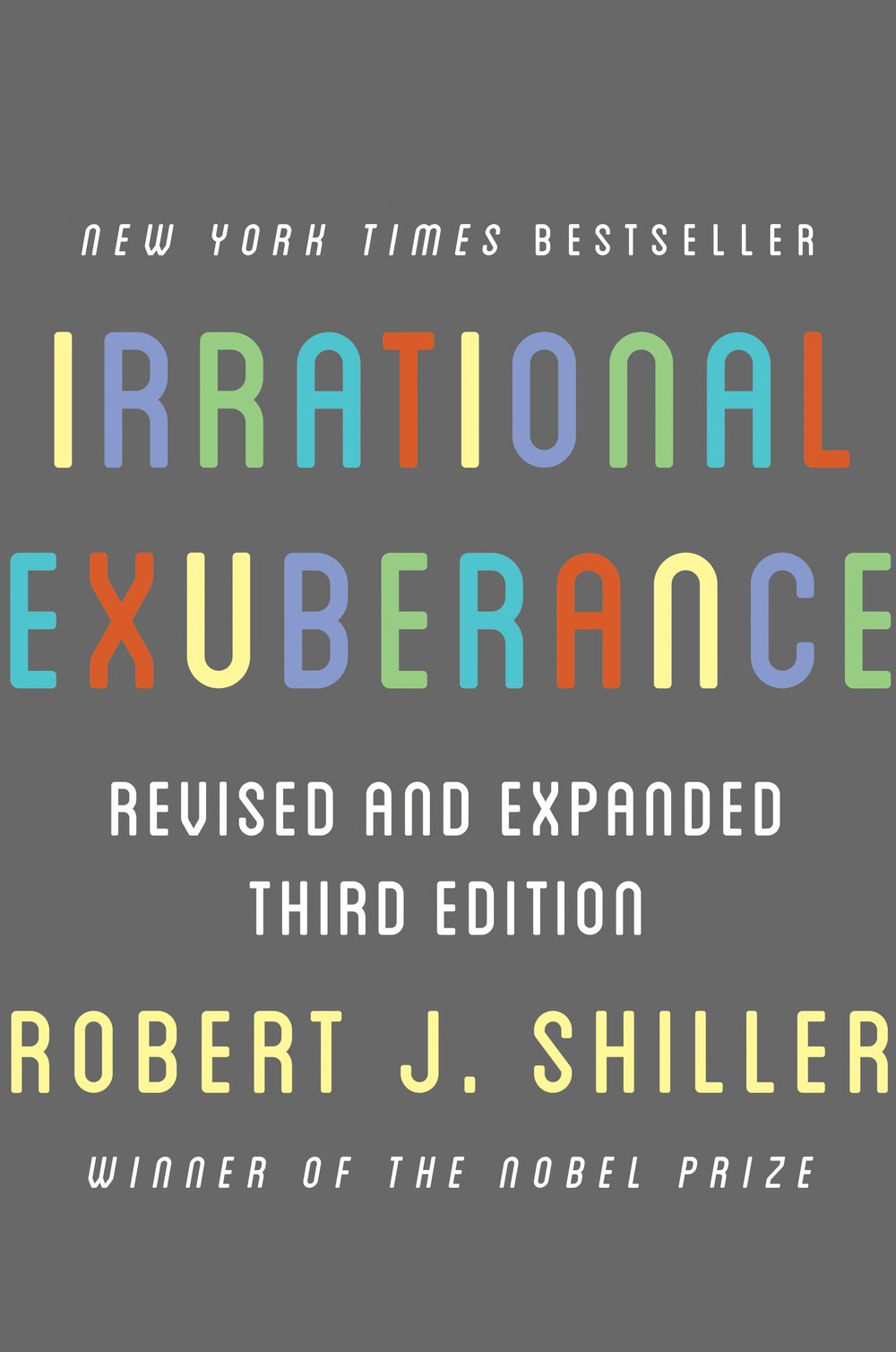Narrative Economics
How Stories Go Viral and Drive Major Economic Events
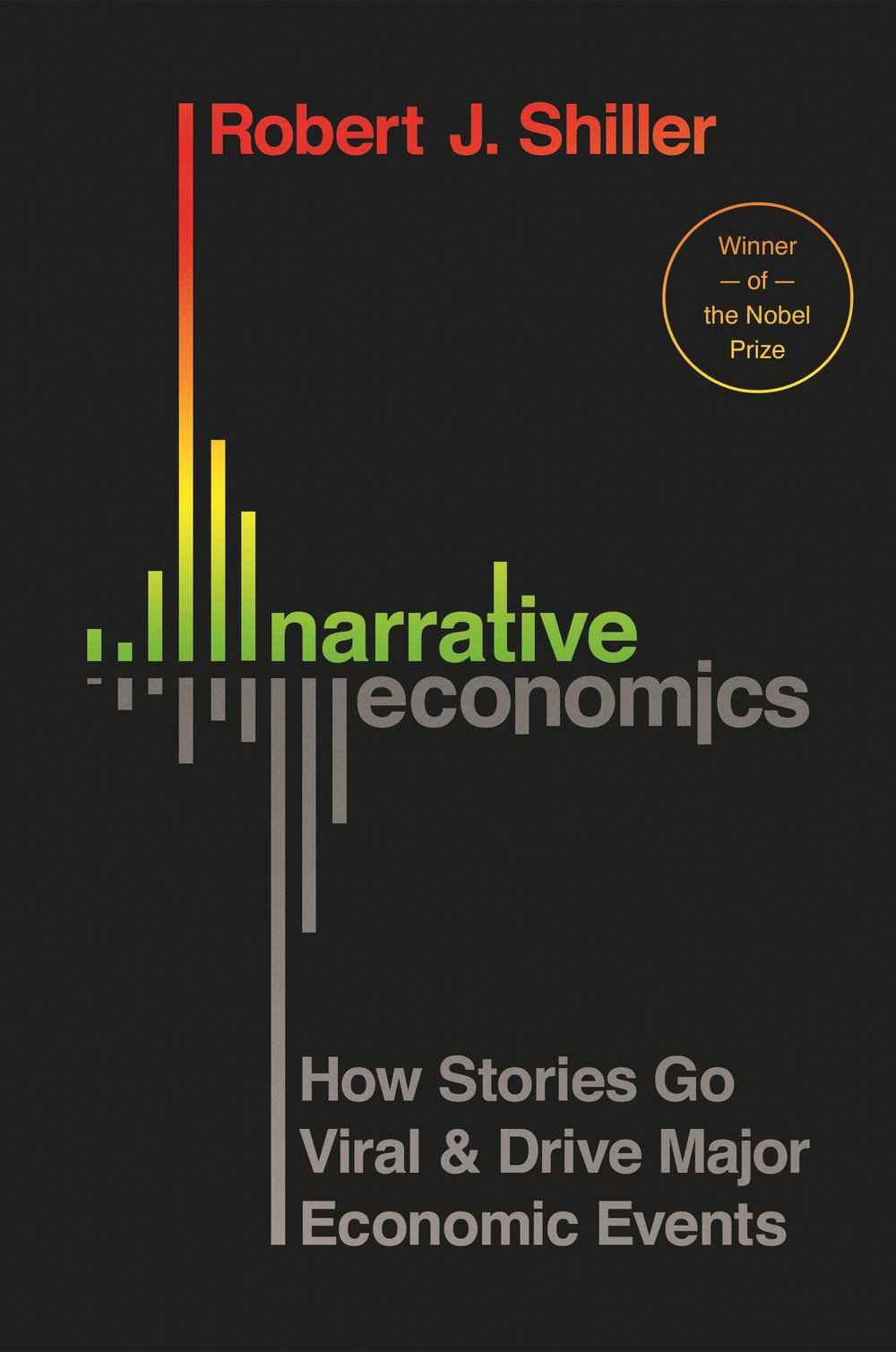
*One of the Financial Times' Best Books of 2019: Economics*
*Winner of the PROSE Award in Economics, Association of American Publishers*
*An Economist Book of the Year*
From Nobel Prize-winning economist and New York Times bestselling author Robert Shiller, a groundbreaking account of how stories help drive economic events — and why financial panics can spread like epidemic viruses
In a world in which internet troll farms attempt to influence foreign elections, can we afford to ignore the power of viral stories to affect economies? In this groundbreaking book, Robert Shiller offers a new way to think about the economy and economic change.
Using a rich array of historical examples and data, Shiller argues that studying popular stories that affect individual and collective economic behaviour — what he calls 'narrative economics' — has the potential to vastly improve our ability to predict, prepare for, and lessen the damage of financial crises, recessions, depressions, and other major economic events.
Spread through the public in the form of popular stories, ideas can go viral and move markets — whether it's the belief that tech stocks can only go up, that housing prices never fall, or that some firms are too big to fail. Whether true or false, stories like these — transmitted by word of mouth, by the news media, and increasingly by social media — drive the economy by driving our decisions about how and where to invest, how much to spend and save, and more. But despite the obvious importance of such stories, most economists have paid little attention to them. Narrative Economics sets out to change that by laying the foundation for a way of understanding how stories help propel economic events that have had led to war, mass unemployment, and increased inequality.
The stories people tell — about economic confidence or panic, housing booms, the American dream, or Bitcoin — affect economic outcomes. Narrative Economics explains how we can begin to take these stories seriously. It may be Robert Shiller's most important book to date.
'Provocative...Especially timely in the current social media-obsessed era, because narratives — both real and false — can spread globally with just a few swipes, affecting not just economic activity, but ultimately the balance of geopolitical power.' — Matt Schifrin, Forbes
'Economics is the study of people at work, but where are the people? Many a learned economist forgets all about them. Not Robert Shiller, the author of Narrative Economics, who believes that volatile human emotion counts for more than you think in the ostensibly objective valuation of stocks, bonds and buildings.' — James Grant, Wall Street Journal

Robert J. Shiller is a Nobel Prize–winning economist, the author of the New York Times bestseller Irrational Exuberance, and the coauthor, with George A. Akerlof, of Phishing for Phools and Animal Spirits, among other books (all Princeton). He is Sterling Professor of Economics at Yale University and a regular contributor to the New York Times. He lives in New Haven, Connecticut. Twitter @RobertJShiller


